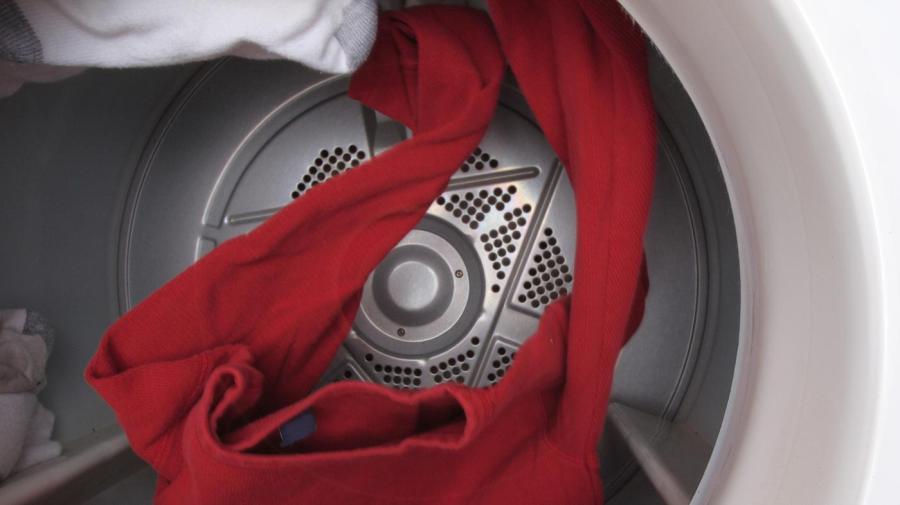Are Gas Dryers Better Than Electric Dryers?

Gas dryers cost slightly more than electric dryers upfront but cost less to run, although some people prefer the simplicity of electric dryers. Gas dryers require a gas line connection, while most electric dryers require a 240-volt connection.
As of 2015, most estimates place the energy cost of gas dryers at half that of electric dryers. Although electric dryers efficiently convert electricity to heat, power plants lose energy converting their fuel to electricity. Gas dryers can extract most of the heat in natural gas, so their efficiency is greater than that of a natural gas power plant. Homeowners concerned about environmental factors may prefer an electric dryer if their home is supplied by solar, wind or nuclear energy.
Natural gas, used by gas-burning clothes dryers, is cheaper than electricity to deliver into a residence. Additionally, gas dryers are generally more energy-efficient than electric dryers. Although gas dryers operate by burning natural gas, they are safer than their electric counterparts and less likely to cause a fire from lint igniting.
Electric dryers, however, do have several major advantages over gas dryers. They are typically cheaper; the price range for gas dryers is between $350 and $1,600 as of February 2015, while electric dryers range from $250 to $1,500. Gas dryers also require a gas line, which can cost up to $600 for installation in 2015. This gas line, along with the dryer vent, also means that gas dryers take up significantly more room than electric dryers.
As a counterpoint, electric dryers typically require 240-volt electrical service. Since most residences have 110-volt service, the cost of an upgrade can add to the price of an electric model.
Another cost factor is that gas dryers, which have more subsystems, are more expensive to maintain than electric dryers. The pilot light and burner system of a gas dryer are commonly the first mechanisms that require repair.





